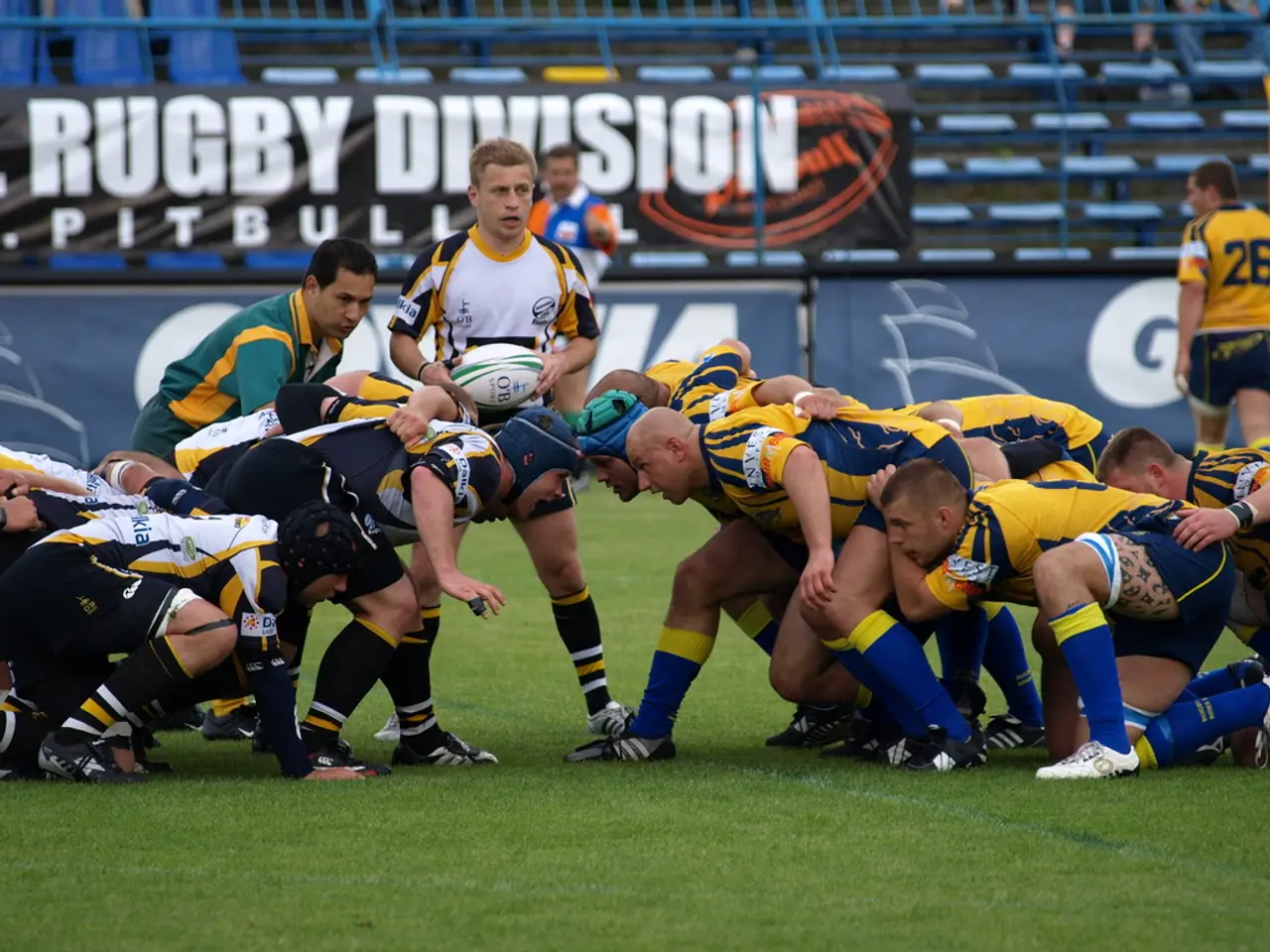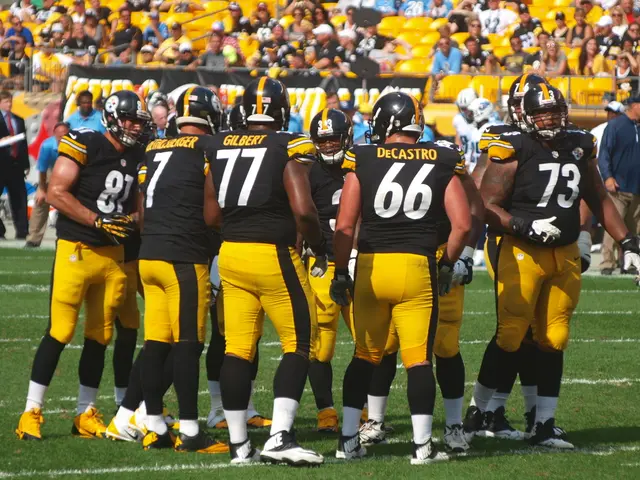Conflict and Aggression in Rugby League Mirrors Broader Social Trends
Rugby League, a sport known for its physicality and competitive spirit, is deeply rooted in social norms that celebrate aggression as a reflection of masculinity, toughness, and group conformity. This relationship between aggression in the sport and broader societal expectations is a complex one, with both on and off-field behavior playing a significant role in shaping public perceptions.
Sociological research suggests that sports-related aggression is not an innate or instinctive human behavior but rather one that varies by culture and social context. In the world of Rugby League, this means that the norms within the sport actively shape how aggression is expressed and regulated. Players who fail to meet the expected levels of aggression risk social exclusion or sanctions within the team or sport subculture.
The sport functions as a site where social norms about masculinity and aggression are enacted and reinforced. Athletes are subject to group dynamics and shared expectations that regulate behavior, often through subtle governance rather than overt rules. This includes responses to social media abuse and public scrutiny, where players regulate their conduct in line with the group's normative expectations to avoid social exclusion or career harm.
The acceptance of aggression in rugby can have far-reaching effects, particularly on young fans. It may teach them that aggression is a normal reaction in competitive situations, a view that can seep into other areas of life. This is why creating a positive sports culture is crucial, as it can lead to lasting change, benefiting everyone involved, including fans and the larger community.
However, the line between acceptable behavior and violence can blur, leading to fan violence during games. Fights breaking out in the stands are not uncommon, and such incidents can result in injuries and arrests. It is essential to address both aggression in players and fan attitudes to foster an environment that prioritizes sportsmanship without dampening the passion of the game.
Programs emphasizing respect and fair play can change the narrative and mitigate the negative impacts of aggression. Coaches play a key role in instilling these values in their players, encouraging thoughtful dialogue that allows athletes, coaches, and fans to reflect on what a healthy sports culture should look like.
Further research into sport culture and aggression is needed to better understand this complex relationship. By challenging harmful social norms, Rugby League and similar sports can take a significant step forward in encouraging empathy among players and fostering a more inclusive and respectful playing field. Schools and communities also have a role to play in fostering positive behavior, as they can provide a foundation for healthy attitudes towards competition and sportsmanship.
In conclusion, Rugby League serves as a mirror of societal norms, with aggression often accepted and even celebrated in this sport. By addressing these underlying themes, we can create a more positive and inclusive environment for all involved, benefiting both the sport and society at large.
Players in Rugby League, a sport that reflects societal norms about aggression, are expected to meet high levels of aggression to avoid social exclusion or sanctions within the team or sport subculture (Social exclusion or sanctions within the team). The sport's culture can have a widespread impact, teaching young fans that aggression is a societally acceptable response in competitive situations (Impact on young fans).








